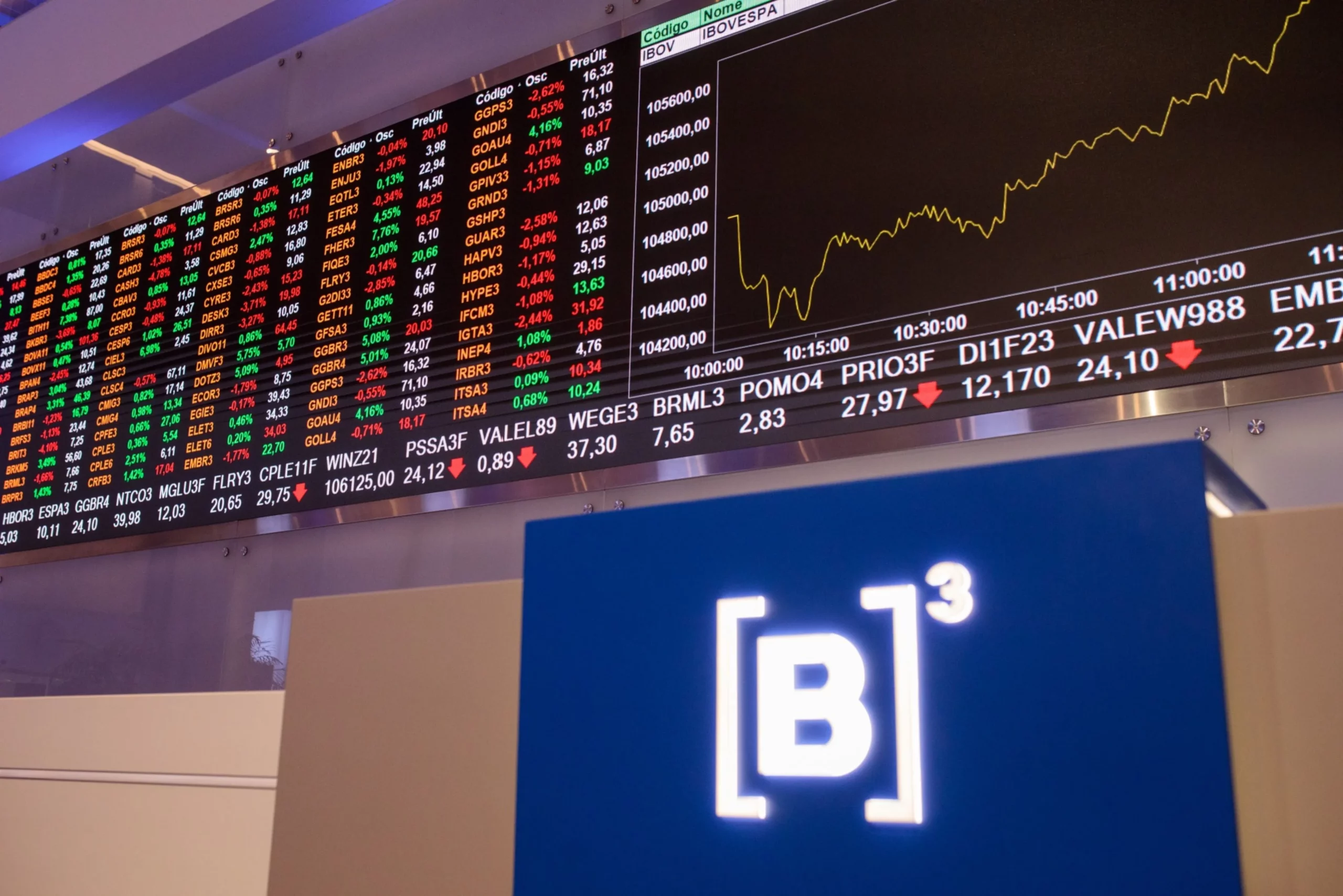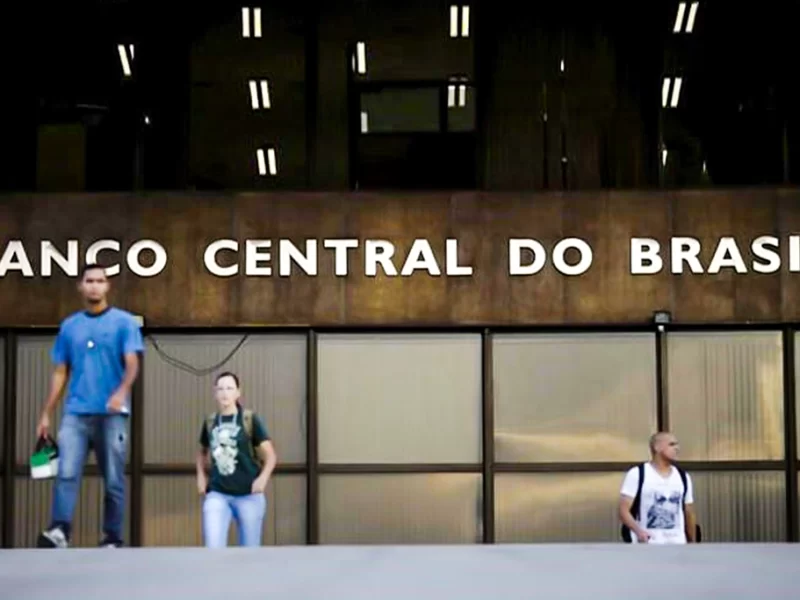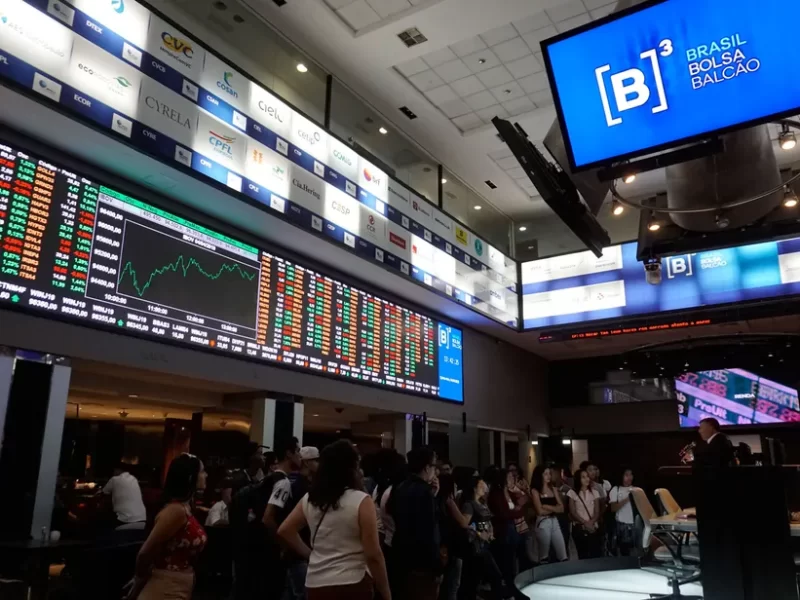The Brazilian stock market experienced a significant rally, with the Ibovespa index climbing nearly 2,000 points, boosted by strong support from Petrobras and advances in the fiscal package being discussed in Congress.
On December 5, Ibovespa rose by 1.40%, closing at 127,857.58 points. In contrast, the dollar fell to R$6.0097, reflecting a decrease of 0.63%. Investors reacted positively to the progress of the fiscal package in Congress.
The package aims to authorize the government to limit the use of tax credits in cases of public account deficits and to regulate spending related to the minimum wage within the limits of the fiscal framework.
On December 4, the Chamber of Deputies approved an emergency regime for this proposal. This action accelerated its processing by removing some deadlines and bypassing committee reviews.
The move is seen as a crucial step in addressing Brazil’s fiscal challenges. From a macroeconomic perspective, Brazil reported a trade surplus of $7.03 billion for November, according to the Ministry of Development, Industry, Trade and Services.


However, this figure was below market expectations and was 20% lower than November a year ago. Economists had predicted a surplus of 7.8 trillion dollars for the month.
Market Dynamics
As the trading day progressed, market analysts noted that there was a 36% probability of a 100 basis point increase in the Selic rate this month, compared to a 64% chance of a 75 basis point increase.
These probabilities moved from previous estimates of 44% and 56%, respectively. Currently, the Selic rate stands at 11.25% per annum, with the Central Bank’s Monetary Policy Committee set to announce its decision on December 11.
Inside Ibovespa, Eletrobras shares rose nearly 7% in trading due to ongoing negotiations with the Attorney General’s Office regarding post-privatization governance issues.
Azul Airlines led gains among major stocks as a weaker dollar and lower Brent crude oil prices boosted its performance. A weaker dollar typically boosts international ticket sales while lower oil prices reduce fuel costs.
Conversely, Vale saw its shares fall despite positive iron ore prices in China, while Petrobras also posted gains that topped 1%. CVC faced significant losses, falling over 8%, continuing its downward trend with an annual decline of around 33%.
On the international front, US stock indexes retreated from recent highs amid fresh labor market data. Initial jobless claims rose by 9,000 to 224,000 for the week ending Nov. 30, beating economists’ forecasts.
Market participants now await the official employment report for November, which is expected to show an increase of about 214,000 jobs.



